The unfortunate people
In the sweltering heat of the border region, Mr. Dang Hong Xuan (born in 1957) was still diligently weeding under the cashew tree canopy. The corn that had been sown last week in the cashew garden had sprouted green shoots, as hoped by this old farmer couple when they chose to settle down at the border gate.
Mr. Xuan is from Tra On district, Vinh Long province. When he was young, he and his wife worked hard to raise their four children. In 2019, seeing that people in the area were growing oranges effectively, he and his wife discussed borrowing money to buy 2 hectares of land to grow this fruit tree. However, when the orchard bore fruit, the price of oranges dropped dramatically. Many times, oranges only cost 1,000-2,000 VND/kg, and the money from selling oranges was not enough to cover the cost of harvesting.
Looking at the ripe oranges scattered on the ground, Mrs. Phan Thi Tim (Mr. Xuan’s wife) shed tears of sorrow. Then, the couple fell into debt and were forced to sell all their assets to pay off their debts.
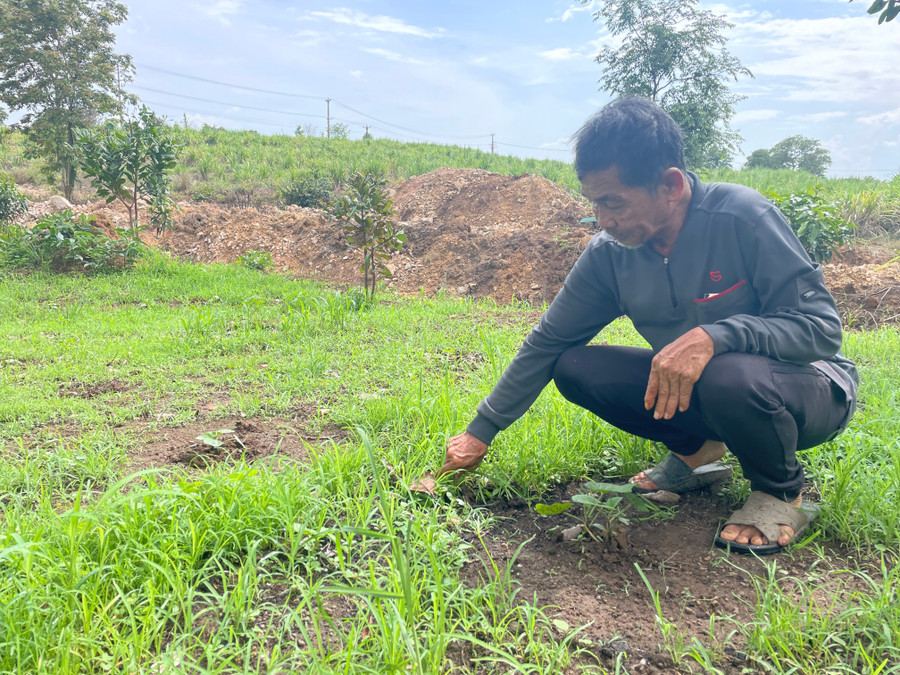
In the midst of his downfall and not finding a place to stay, Mr. Xuan was invited by a nephew to go to the Le Thanh International Border Gate to do business. Gathering all the remaining money, he and his wife had enough money to buy a few meters of land on the road to build a wooden house with a corrugated iron roof.
“We really had no idea what Gia Lai was like. The villagers in the countryside kept saying that the place was full of forests, deserted and scary. But when we came here, we saw that the land was spacious and there were many people from the West, so we chose this place to settle down,” Mr. Xuan confided.
“Starting a business” at the age of seventy is never easy when one is exhausted. However, in the new land, Mr. Xuan and his wife still have the hope of changing their lives and are determined to stay. Mrs. Tim shared: “At this age, no one would hire us to work in the countryside, but when we come here, we can still pick cashews to earn money. There is no shortage of water for daily use, and the roads are convenient. My husband and I borrowed some land from cashew growers to intercrop corn, black beans, and grow squash, eggplant, etc. Here, it is easy to make a living and it is also very comfortable, so maybe my husband and I will stay here.”
Like Mr. Xuan and his wife, Mr. Vo Thanh Hong (born in 1977) came to the border area after being penniless and in debt in his hometown of Tra Vinh . A few months ago, Mr. Hong decided to go to Duc Co to buy a few hectares of land for farming.
He explained: “In the countryside, if we don’t have land, we can’t do anything. If we keep working for hire, what will happen to our children when they don’t have a career? While we’re here, the land is still very large, it’s cheap to buy and we can grow many kinds of trees. I plan to grow fruit trees and short-term crops in the near future. Even though we have to be far from our hometown and relatives, for the sake of making a living and the future of our three children, we are determined to come here to start a new life.”
Strange land becomes homeland
About 20 years ago, people from the Western region began to come to the Le Thanh International Border Gate area to make a living. Most of them have found a place in a strange land and reaped the “sweet fruit” after many days of effort.
In 2011, Mr. Vo Van Chinh (born in 1972) left his hometown of Soc Trang to go to the Duc Co border area to do business with a nephew who had settled there before. With a sharp mind, he took advantage of the trade at the border gate to import vegetables and tubers from the wholesale market in Pleiku City and transport them to sell in Cambodia. He also took advantage of importing Cambodian products to sell in Gia Lai and export them to many provinces and cities. From each "market trip" between the two sides, he gradually accumulated capital and bought land for farming.
Partly because he missed his homeland and partly because he wanted to prove that the seemingly barren land could grow many types of trees, he brought the green-skinned grapefruit variety, a specialty of the Western region, to plant on the Duc Co border area. From the barren land, under his care, about 200 green-skinned grapefruit trees have grown lush and green. Each year, the grapefruit garden brings in nearly 200 million VND in income and opens a new direction in economic development for local people. A few years ago, he planted 100 more durian trees and has now begun to bear fruit.
“I came here right at the dry season, the rubber trees had lost all their leaves so the landscape looked desolate. At that time, I was extremely discouraged, thinking that the trees could not survive, so how could I do business, so I thought of returning home. Then, in no time, the rubber trees sprouted new green shoots, which completely changed my thinking: If you know how to be diligent and hardworking, the land will not let you down,” Mr. Chinh confided.
It has been 15 years since Mr. To Cuong Manh (born in 1971) put the first hoe on the land of the border region. At that time, after going bankrupt due to large-scale pig farming in his hometown of Tien Giang, Mr. Manh and his two sons had to wander to Gia Lai. In the border region of Duc Co, he did many jobs such as porter, driver... to make a living. Thanks to hard work and saving, up to now, he and his son own about 6 hectares of land and 2 houses.
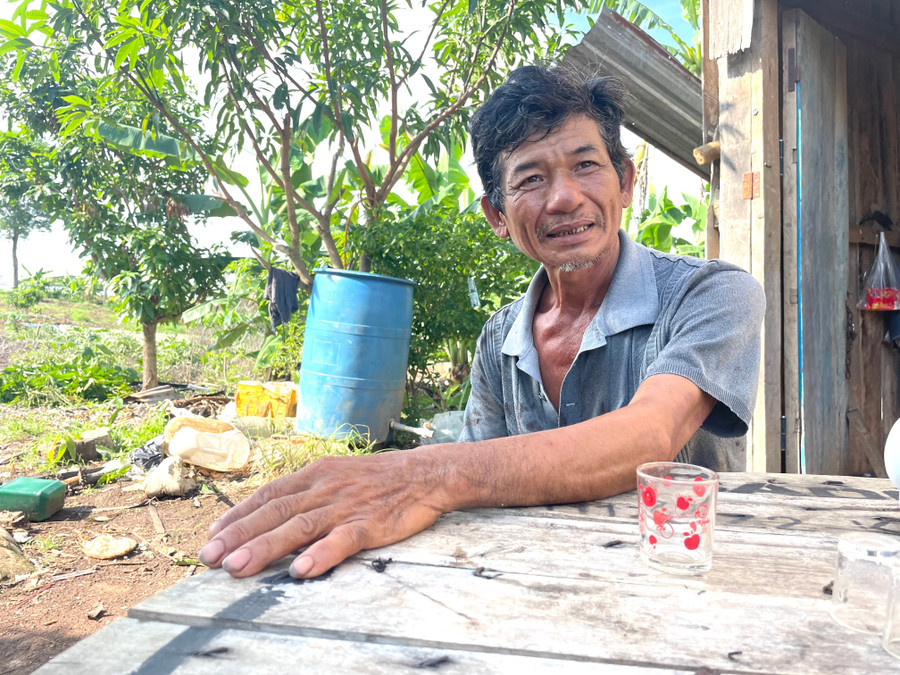
After buying cashew land from the local Jrai people, Mr. Manh cut down this traditional crop and replaced it with fruit trees such as mango, banana, jackfruit, star apple, etc., mixed with short-term vegetables. Now, he and his father have somewhat stabilized their lives. Income from bananas and mangoes helps him have more capital to reproduce and continue his dream of settling down.
“Life is still difficult, but we are the masters and create value on our own land. Not to mention, this is also an asset that helps my children build a good life in the future,” Mr. Manh shared.
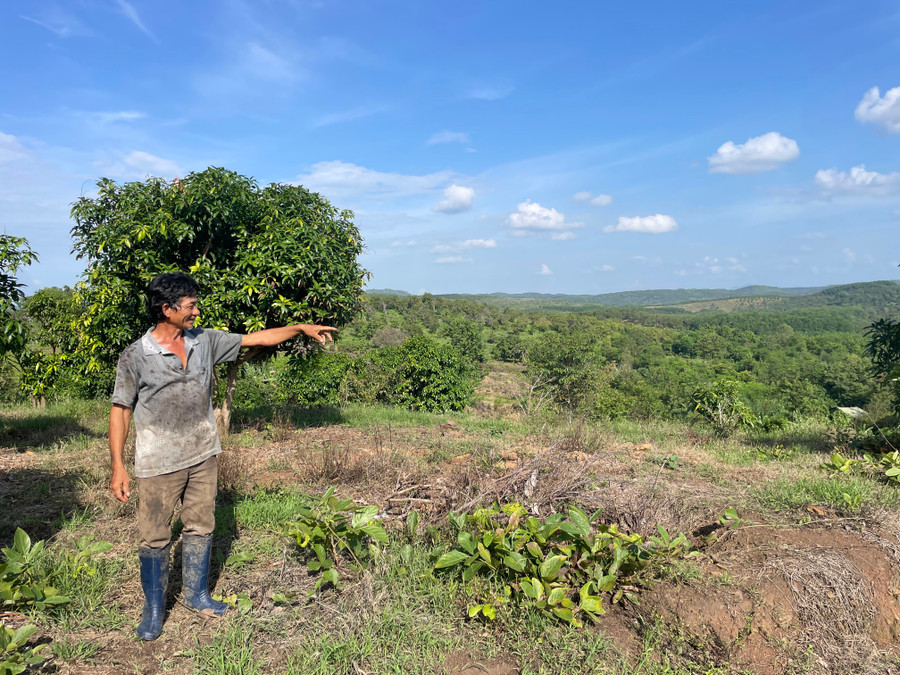
Source: https://baogialai.com.vn/giac-mo-cua-nhung-nguoi-tha-huong-post328967.html








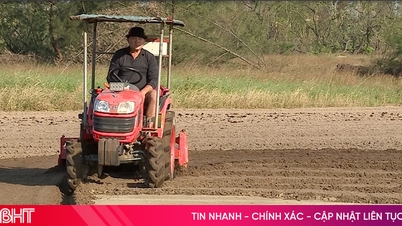



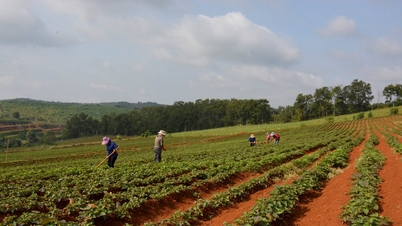





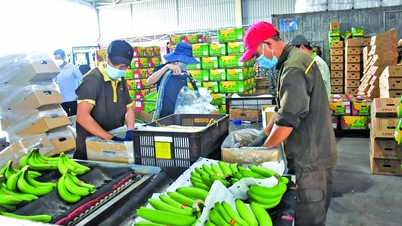



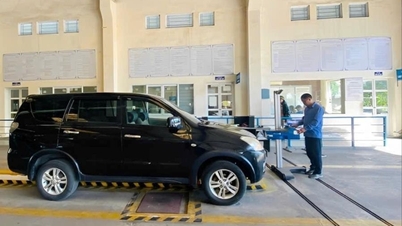

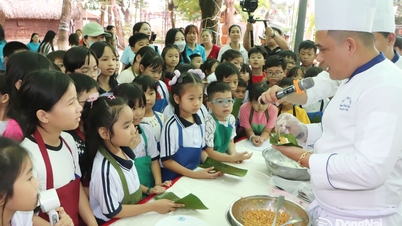

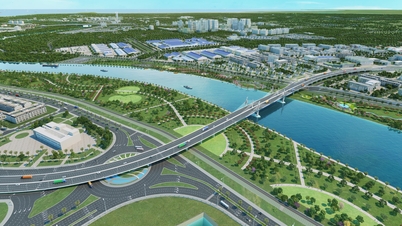

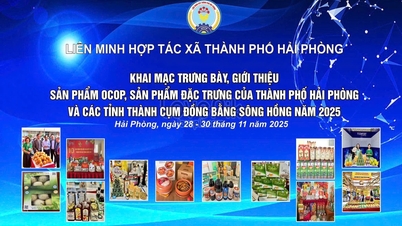




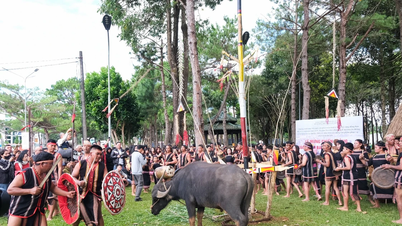
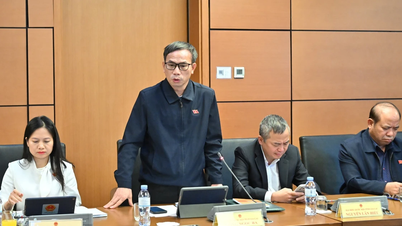
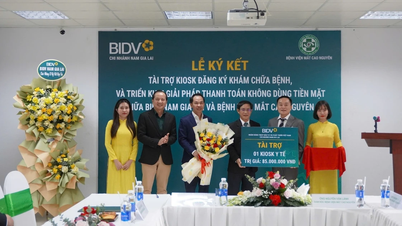
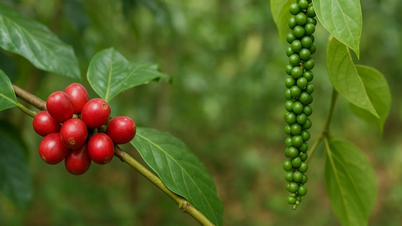
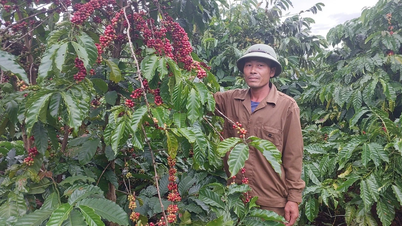
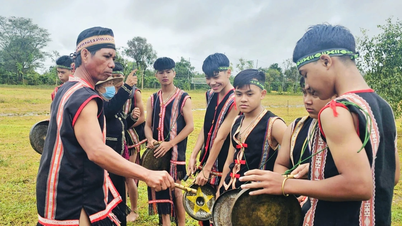

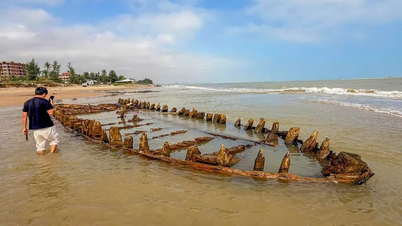

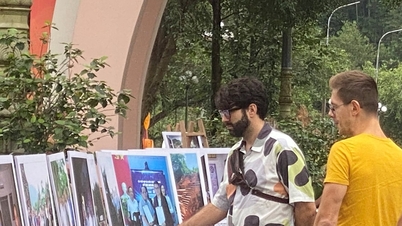
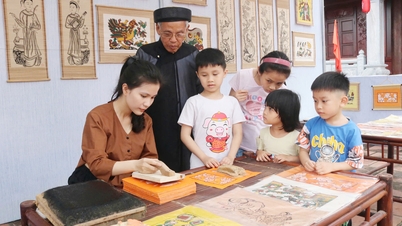

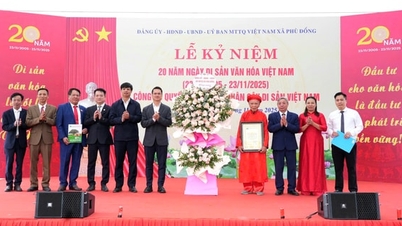





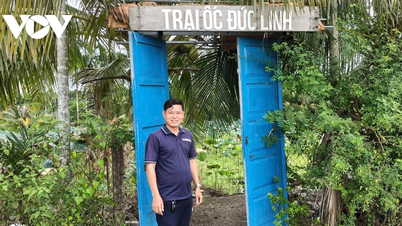

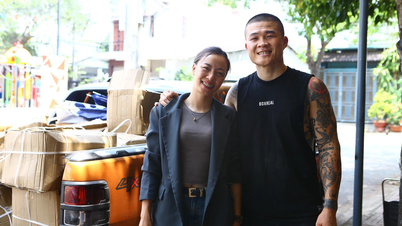





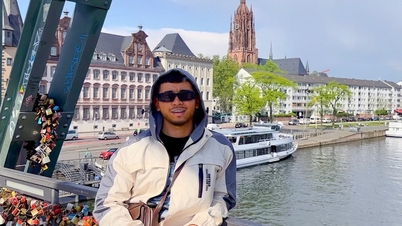


















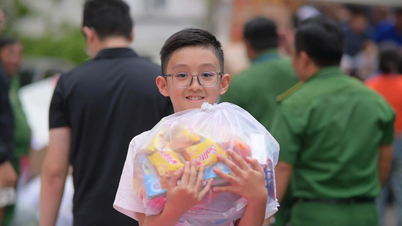










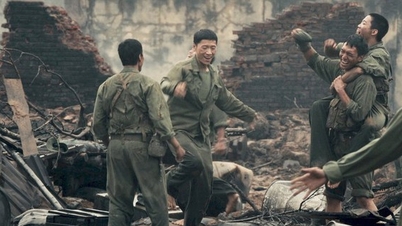


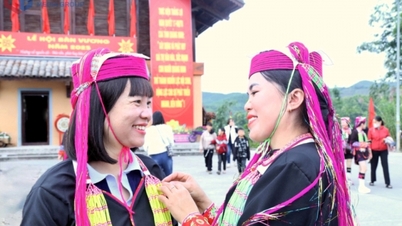


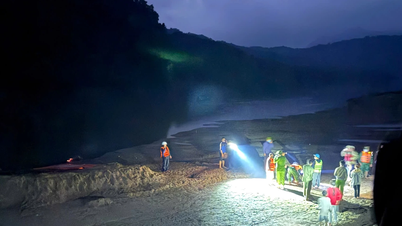

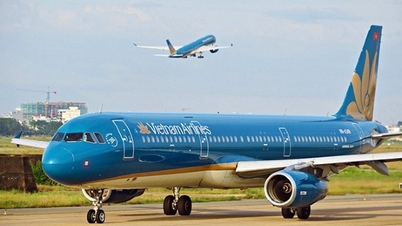
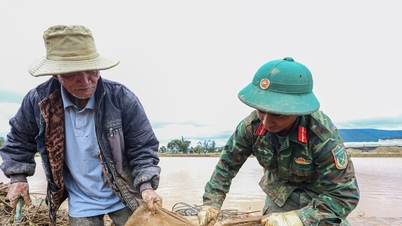
















Comment (0)